
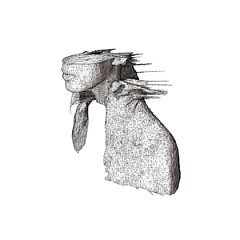
There aren't many songs with a scientist as the main character, but Coldplay's "The Scientist" is one of their biggest hits. The guy in the song is brilliant, but despondent because he's lost his girl after neglecting her for his work.
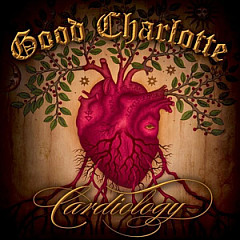
Good Charlotte's video for "Last Night" reconstructs the TV show "Family Double Dare," complete with host Marc Summers.
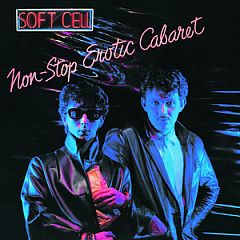
"Tainted Love" started as a 1964 soul song by Gloria Jones, became a huge hit when Soft Cell covered it in 1981, and was the basis for Rihanna's 2006 #1 "S.O.S. (Rescue Me)."
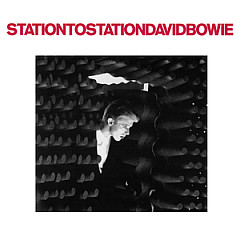
David Bowie's "Station to Station" is over 10 minutes long. Bowie was doing a lot of drugs at the time and later said, "I have only flashes of making it."
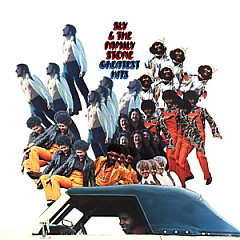
Sly & the Family Stone's "Thank You (Falettinme Be Mice Elf Agin)" was a huge hit in 1970 and found new life when Janet Jackson sampled the bass riff on her 1989 hit "Rhythm Nation."
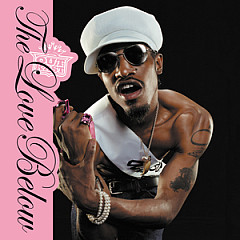
Andre 3000 played all the instruments on Outkast's "Hey Ya" except bass. Aaron Mills from Cameo played that.

Julian tells the stories behind his hits "Valotte" and "Too Late for Goodbyes," and fills us in on his many non-musical pursuits. Also: what MTV meant to his career.
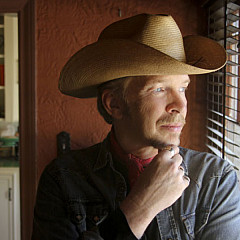
When Dave recorded the first version of the song with his group the Blasters, producer Nick Lowe gave him some life-changing advice.
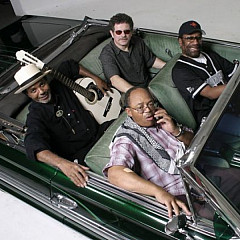
A founding member of the band War, Harold gives a first-person account of one of the most important periods in music history.
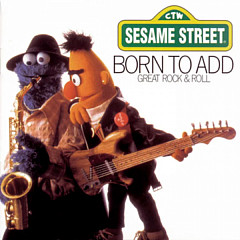
When singers started spoofing their own songs on Sesame Street, the results were both educational and hilarious - here are the best of them.
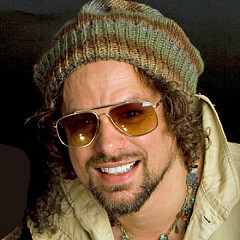
Michael tells the story of "Send Me On My Way," and explains why some of the words in the song don't have a literal meaning.
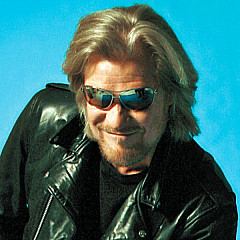
Daryl Hall's TV show is a hit, and he's been inducted into the Rock and Roll Hall of Fame - only one of these developments excites him.